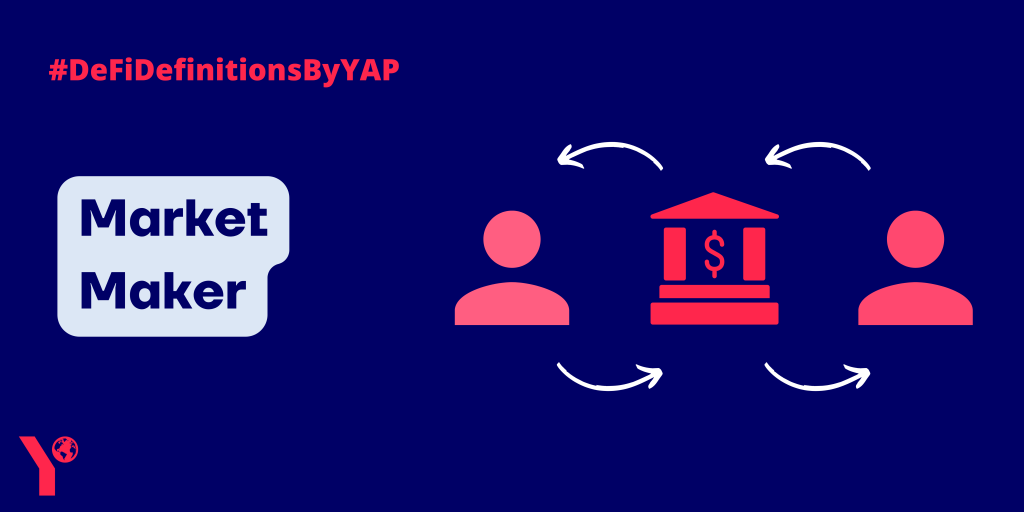Market makers are high-volume traders that “make a market” or provide liquidity for securities by always standing at the ready to buy or sell. They profit on the bid-ask spread, and they benefit the market by adding liquidity.
In traditional markets, whenever an investment is bought or sold, there must be someone on the other end of the transaction. If someone wanted to buy 100 shares of XYZ Company, for example, they must find someone who wants to sell 100 shares of XYZ. It’s unlikely, though, that they will immediately find someone who wants to sell the exact number of shares they want to buy. This is where market makers come in.
Market makers earn money on the bid-ask spread because they transact so much volume. So, if a market maker is buying shares on average for a few pennies less than it sells them for, with enough volume it generates a significant amount of income.
If market makers didn’t exist, each buyer would have to wait for a seller to match their orders. That could take a long time, especially if a buyer or seller isn’t willing to accept a partial fill of their order. This ensures investors can trade quickly and at a fair price under all conditions. In turn, this generates confidence in the markets.
